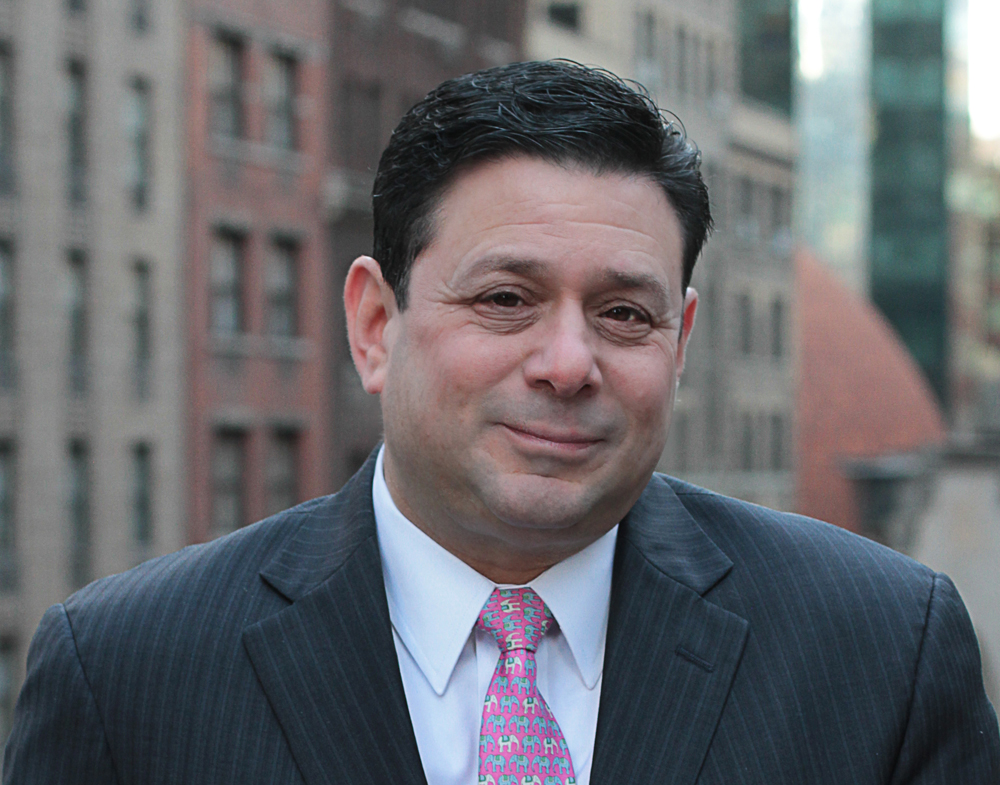US-based Dream Hotel Group (DHG) will be renovating the Dream Hotel Bangkok as it expands Dream and its other brands in Asia to ensure that properties keep with their models.
To some, DHG is having a ‘re-start’ in Asia. For 10 years, there has been just the Dream Bangkok, then Dream Phuket Hotel & Spa which opened two years ago, although this isn’t managed by the group but is a licence agreement with Singapore-based Castlewood Group which owns the property.

Dream Bangkok lobby
The deal with Castlewood, announced in September 2015, was to develop up to 20 Dream Hotels over the next 10 years. However, DHG recently set up its own Asia-Pacific development team in Bangkok led by managing director Kevin Wallace. This was part of the company’s new shift to expand globally through management than ownership. It now has development teams in Europe, Africa and the Middle East.
DHG’s CEO Jay Stein, interviewed on the sidelines of the International Hotel Investment Forum in Berlin recently, said the group would not be doing any more licence agreements going forward. He declined to comment on the partnership with Castlewood in the future, only saying “there are discussions going on”.
Stein said Wallace to-date had opened new areas for DHG. Vietnam is a good example. Opening this summer or fall is a 351-villa Dream Oceanami in Long Hai Beach, Ba Ria province. DHG had also signed an Unscripted hotel in Danang and a Chatwal hotel in a location south of Ho Chi Minh City. Both are new constructions.
Two properties in the Maldives, Chatwal Maaga and Dream Gasveli, are slated to open in 2019 and 2020 respectively.

Stein: no more licence agreements for DHG
DHG’s four brands, Chatwal, Dream, Time and Unscripted, are positioned at upscale and upper upscale. Chatwal, named after the founder, is the group’s topmost brand, followed by Dream, whose model rests on a large number of F&B offerings. It launched Time to target hotels that want a Dream brand but are unable to have the vastness of F&B. Unscripted, as its name suggest, does not need to follow a script and lends itself to secondary markets such as Danang.
But it all started with Dream, recognised as an early lifestyle hotel brand which tries to inject life and excitement back into hotels, with the antics of Vikram Chatwal, the founder’s son, adding celebrity notoriety. The first Dream opened in 2006 in New York as a standalone hotel, followed by Bangkok in 2006 and Dream Downtown New York in 2011, which “created the new format of Dream”, said Stein.
Diverse, long-standing F&B and nightlife partnerships with such established names as TAO/Strategic Group, Jay Zhous, Geoffrey Zakarian are integral to Dream and have generated a consistent revenue stream over the years. Dream Hollywood, which is opening in a couple of weeks, has six to seven high-end, large-scale F&B concepts.
Stein admitted that Dream Bangkok wasn’t built to the current Dream ideal but a complete renovation would change that. Plans are to add another building to the existing two buildings of the hotel, which DHG owns. The hotel already has significant F&B, he said, including a rooftop bar, a second floor bar and restaurant, and full meetings and banquet space. “We’re looking at bringing an Italian concept into the first floor which will give a lot more energy to the lobby level,” said Stein.
The project is expected to span over 1.5 years.
Read more in the upcoming Analysis on new hospitality models in TTG Asia May 2017 issue




















